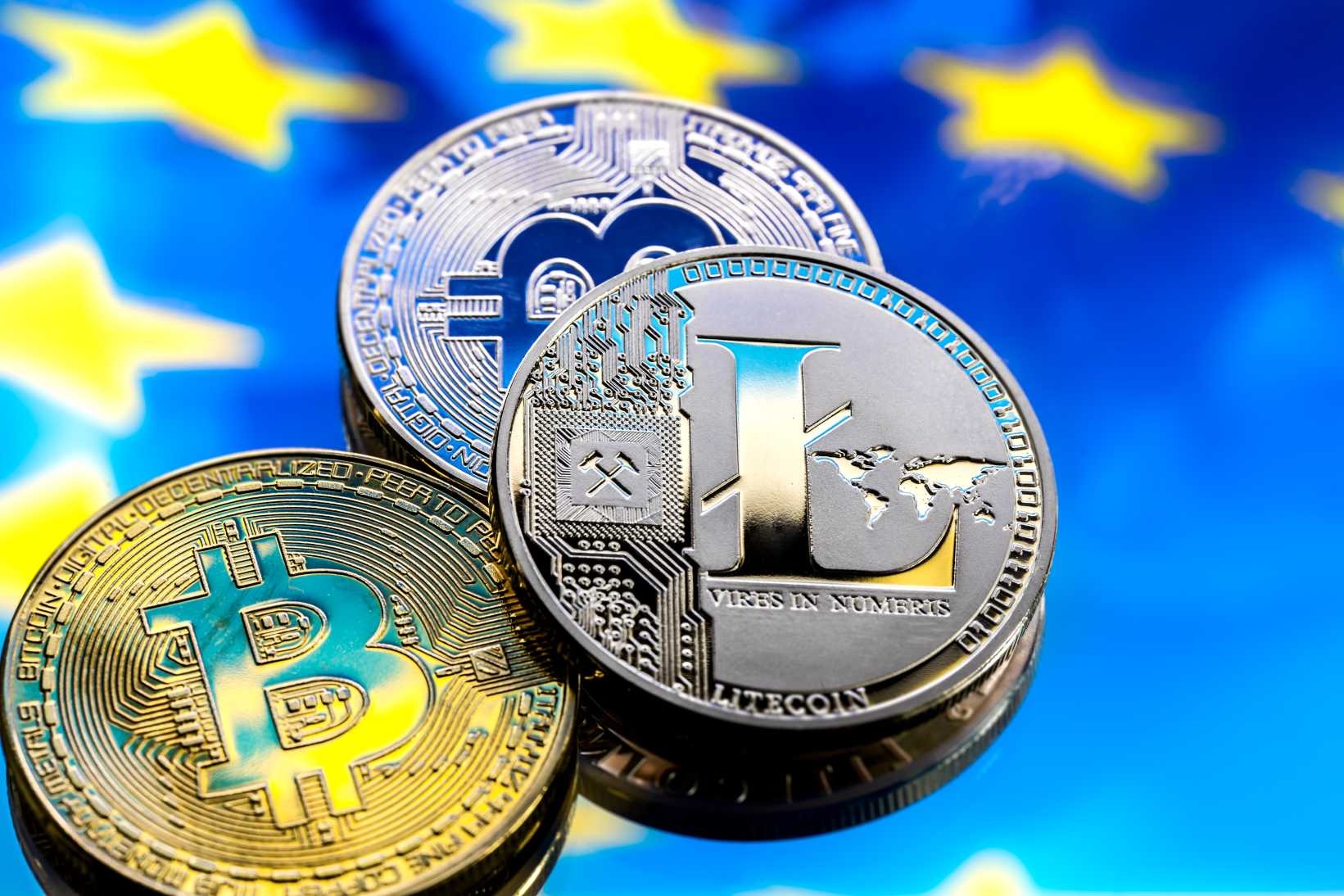Why on Earth is Facebook Going for the Blockchain Now?
Just don't believe in the FaceCoin rumors. Facebook has banned cryptocurrency ads very vigorously and is in trouble with many of the world's governments. So a new regulatory mess is the last it needs. You see, some things can't be solved by PR alone.

Mark Zuckerberg’s new move to bring the blockchain tech into Facebook could be meant just to distract us all. Or not.
Facebook announced recently that Messenger’s supreme leader David Marcus would change jobs to lead the Facebook research team on the blockchain. At this point, it’s tough to assess this move. Is it a PR stunt?
The Cambridge Analytica scandal (which has now filed for bankruptcy) has been a PR nightmare for Facebook and their failure to protect user’s data or to be accountable for such failure. So they could use a break for sure.
And that’s what this unexpected move into the blockchain has given them exactly as people are now trying to figure out what the hell Facebook could want with blockchains.
But among all the speculation, confusion and suspicions, it’s always been clear that Facebook had to find out about the blockchain sooner or later.
Why?
Because everybody in the industry is doing it. Microsoft, Google, Amazon, and even Apple are all dabbling in projects related to the blockchain so Facebook can’t afford to be left behind.
Something like a year ago Facebook made Morgan Beller do some research on the subject all on himself and without much support. So either Mr. Beller found something interesting, or this seemed like a good time to take it seriously, or it could also have seemed a good time for this kind of announcement.
That being said, it’s still a bit unsettling to know Facebook is going this way. A blockchain is a permanent, public, online edger that processes transactions that rely on a multitude of user’s computers instead of a central mainframe.
It was first created by the mythical Satoshi Nakamoto to serve as Bitcoin’s primary structure. Nakamoto (that’s not his real name, nobody knows who he is to this day) was very clear about Bitcoin’s purpose: to get rid of central banks and credit card companies.
But the financial aspects are just the beginning. Tron, another cryptocurrency, headed by Jack Ma’s former apprentice Justin Sun aims to use the very same technology to decentralize the web itself.
Up to a certain point that is tantamount to do away with Google or Facebook and allow users to use the web without mediators.
This model would enable resistance, make censorship incredibly hard, give users control over the way in which their personal information is used and distributed. In this context, every user piece of data would be the equivalent of a crypto coin token.
Brittany Kaiser, the former Cambridge Analytica director, joined IOVO last April in a move that redefines corporate world irony. IOVO is another blockchain organization that aims to enable social media users to choose what they share with whom.
If I can interest you in a bit more irony, you should know that almost everybody who is associated with the Cambridge Analytica/Facebook scandal has had some kind of involvement with cryptocurrencies in the past.
Social networks based on the blockchain are available already. Steem it is the main one. It rewards users with cryptocurrency tokens instead of likes. Granted, it’s a crypto coin almost entirely irrelevant to the market. But the concept is already out there.
It’s very doubtful that Facebook would adopt any kind of decentralization. That would mean losing control over its user’s data or just to let their monopoly go.
That would just be suicide. On the other hand, maybe the company just wants to know their enemy better and be ready for the moment in which a real challenger comes around.
It’s hard to take Facebook’s interest on the blockchain very seriously except for one thing: they are giving that job to some of their higher ranked executives. David Marcus is responsible for every aspect of Messenger current’s characteristics.
Kevin Weil and James Everingham, who are also in the new blockchain team, were people with crucial executive positions on Instagram. Why would Zuckerberg put three of his biggest stars to do idle work?
But office politics could be the reason. Maybe Messenger and Instagram have just advanced too much, and they are no fun anymore for the three executives.
So giving them a new, more challenging toy, to play with may be the way in which Facebook ensures they will stay instead of looking for more stimulation elsewhere.
Marcus is known to be a blockchain fan. He used to preside over Paypal and is a payment specialist. He’s owned bitcoins for six years and he often praises is potential.
On top of that, he recently joined the board of Coinbase, considered to be the world’s most famous cryptocurrency exchange.
Yes, Marcus excluded cryptocurrency payments from Facebook and Messenger’s payments option because they are still too slow and expensive. But maybe his job now is to figure that out, exactly. Either way, he loves this stuff.
Who can really know if something will come out from this? Just don’t believe in the FaceCoin rumors. Facebook has banned cryptocurrency ads very vigorously and is in trouble with many of the world’s governments. So a new regulatory mess is the last it needs. You see, some things can’t be solved by PR alone.





























